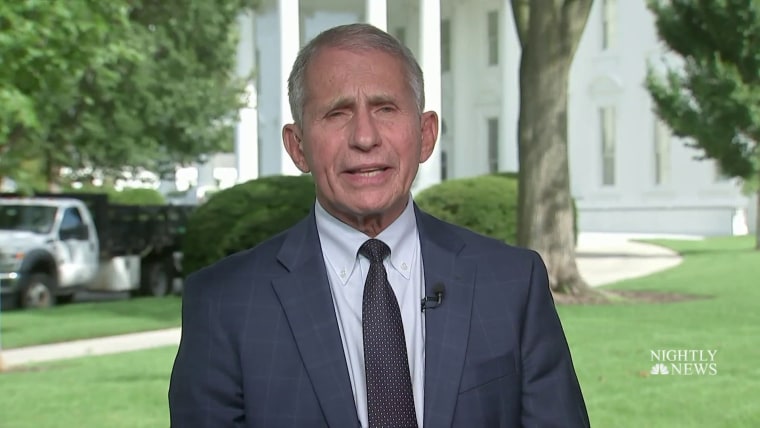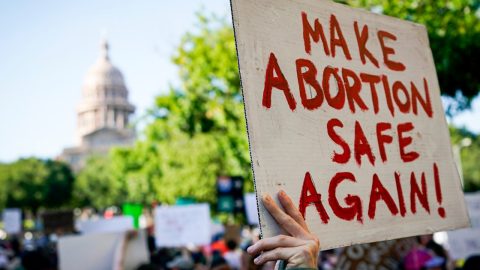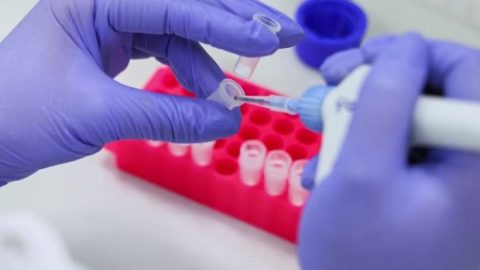Research published Friday by the Centers for Disease Control and Prevention shows that unvaccinated people are significantly more likely to not only become infected with Covid-19, but also die from the virus.
Two other reports from the agency, also published Friday, found the vaccines have largely retained their ability to keep infected patients out of the hospital, even amid the highly contagious delta variant.
Full coverage of the Covid-19 pandemic
One study found that when the delta variant became dominant in the summer, unvaccinated people were 4.5 times more likely to become infected, more than 10 times more likely to be hospitalized, and 11 times more likely to die of Covid.
That CDC research, based on data collected by the agency’s hospitalization surveillance network, examined more than 600,000 Covid cases reported across the country from April to July, particularly as the delta variant quickly took hold.
A second study, on vaccine effectiveness, looked at more than 1,000 Covid hospitalizations. Some of those infections occurred earlier in April, when the alpha variant of the virus was circulating widely. Others occurred from July through August, when the delta variant dominated.
The shots remained highly effective — more than 90 percent — against hospitalization among those under age 65. That protection appeared to wane a bit, however, for those ages 65 and older, where it fell to just under 80 percent.
“These vaccines still remain extremely effective at preventing what we are most concerned about: severe infection, hospitalization and death,” said Dr. Richard Besser, president of the Robert Wood Johnson Foundation and former acting CDC director.
The third study had similar findings, showing that, in general, the vaccines’ effectiveness for keeping Covid patients out of the hospital was 86 percent. That effectiveness was lower, however, among adults over age 75, at 76 percent.
Besser said he was not surprised by this finding; it is not unexpected to see a decline in vaccine effectiveness in the elderly, as the immune system tends to weaken as people age.
That third assessment was based on studies of about 32,000 people who were hospitalized or had visited urgent care clinics for any reason in the summer.
When researchers looked specifically at which vaccine people had received, effectiveness against hospitalization was highest among those who had the Moderna shots, at 95 percent, followed by the shots from Pfizer-BioNTech, at 80 percent, and the Johnson & Johnson shot at 60 percent.
Download the NBC News app for full coverage of the Covid-19 pandemic
The research is likely to be scrutinized next Friday when advisers to the Food and Drug Administration are scheduled to meet to discuss the safety and effectiveness of a third dose.
The Biden administration said in August it intended to offer these booster doses to all eligible Americans starting Sept. 20. Boosters would be available to people eight months after they had received their second dose.
The effort would likely mirror the original vaccine rollout, with health care workers, nursing home residents and people over age 65 first in line.
The CDC will also need to sign off on the plan before recommending those extra doses.
Federal health officials, as well as most major medical groups, strongly encourage Covid vaccinations for everyone ages 12 and older.
“Vaccination works and will protect us from the severe complications of Covid-19,” CDC director Dr. Rochelle Walensky said during a White House Covid task force briefing Friday.
The message echoed that of President Joe Biden who, on Thursday, outlined a broad plan to increase vaccinations nationwide, including executive orders mandating the shots for employees of both the federal government and other large businesses.
As of Friday, the CDC reported that 62.5 percent of the U.S. population eligible for the shots had been fully vaccinated. Seventy-three percent had received the first dose.
Follow NBC HEALTH on Twitter & Facebook.








Recent Comments